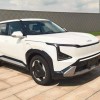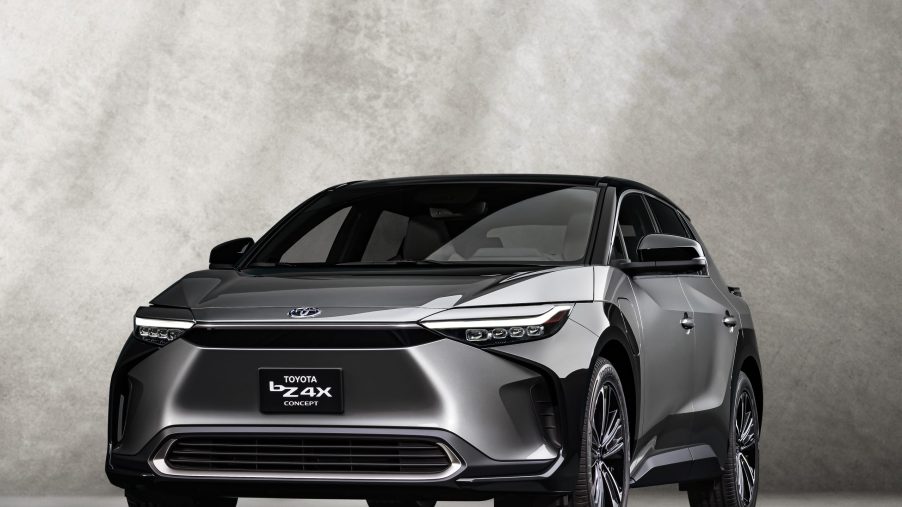
Toyota’s Finally Getting in on Electric Cars: Invests $9 Billion in Battery Plants
It’s no secret that Toyota has been lacking on the electric car front, at least in terms of battery electric vehicles. They’ve been pushing toward hydrogen and hybrid solutions to cut back on emissions, which leaves many wondering if they’re against BEVs. But after months of pressure, Toyota is finally expediting their electric car program.
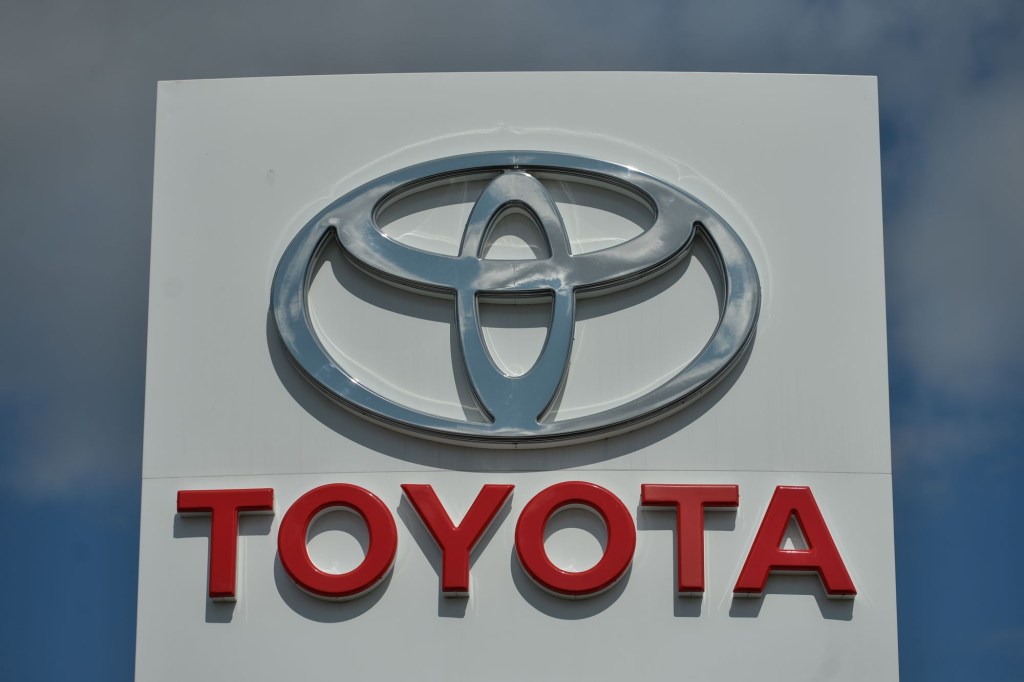
$9 billion dollars is being sunk into battery tech, with more investments to come
Toyota aims to sell two million electric cars annually by the end of the decade. But in order to do that, they need to start investing in factories that’ll meet those intense production goals. The $9 billion dollars going toward battery research and facilities are only part of Toyota’s plan. Altogether, the company plans on spending $13.5 billion to ramp up EV production in the coming years.
While a large chunk of that money will go toward electric car manufacturing, there’s still more research to be done. Masahiko Maeda, Toyota’s chief technology officer, spoke to The Wall Street Journal, about finding the right balance for an electric car. “If we focus on safety, then performance suffers,” he said, which is true. Batteries require power, and enhanced safety draws power, which reduces range and overall power.
And that also affects each battery individually. While Toyota aims for its batteries to retain 90% of their charging capacity, the more you use a battery, the weaker it gets. Take your phone, for instance. If you’ve had it for a while, you may notice it start dying faster, and that will also be true for electric cars.
But despite concerns, Toyota is diving headlong into solving the problem. But rather than going through traditional means, the automaker is opting to use a different battery structure.
Toyota’s batteries will be slightly different than the ones in other electric cars
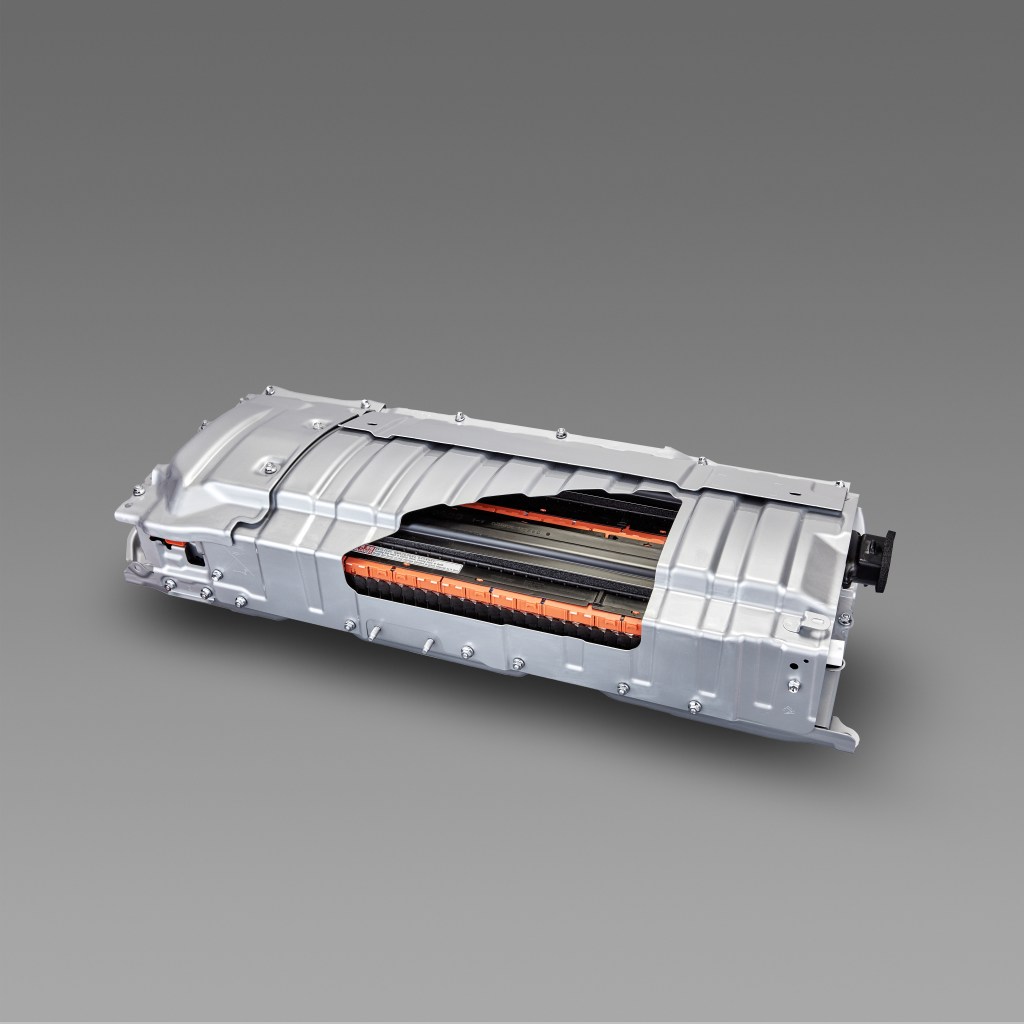
Most electric cars, including current Toyota hybrids and electrics, utilize lithium-ion batteries. They’re not exactly cheap, are complicated to make, and even after using them for so long, the kinks haven’t been worked out. Lithium-ion batteries are still prone to fires due to the liquid electrolytes that help create electricity.
Solid-state batteries are, as the name entails, solid. Rather than using liquid to conduct the electricity, electrons simply flow through the material of the battery. Think of it as an electric brick, and there are some benefits to this dense solution.
In theory, a solid-state battery can pack more of a punch and hold more charge. And because their electrolyte is solid (and less prone to spontaneous combustion), cars with solid-state batteries may be able to charge faster. That solves two of the biggest problems people have with electric cars: range and charge time.
But designing a new type of battery from the ground up is still riddled with challenges. And while Toyota is shooting for the moon, either out of change of heart or pressure from competitors, they’re not 100% on board with the idea.
Toyota still “can’t be optimistic” about battery electric vehicles
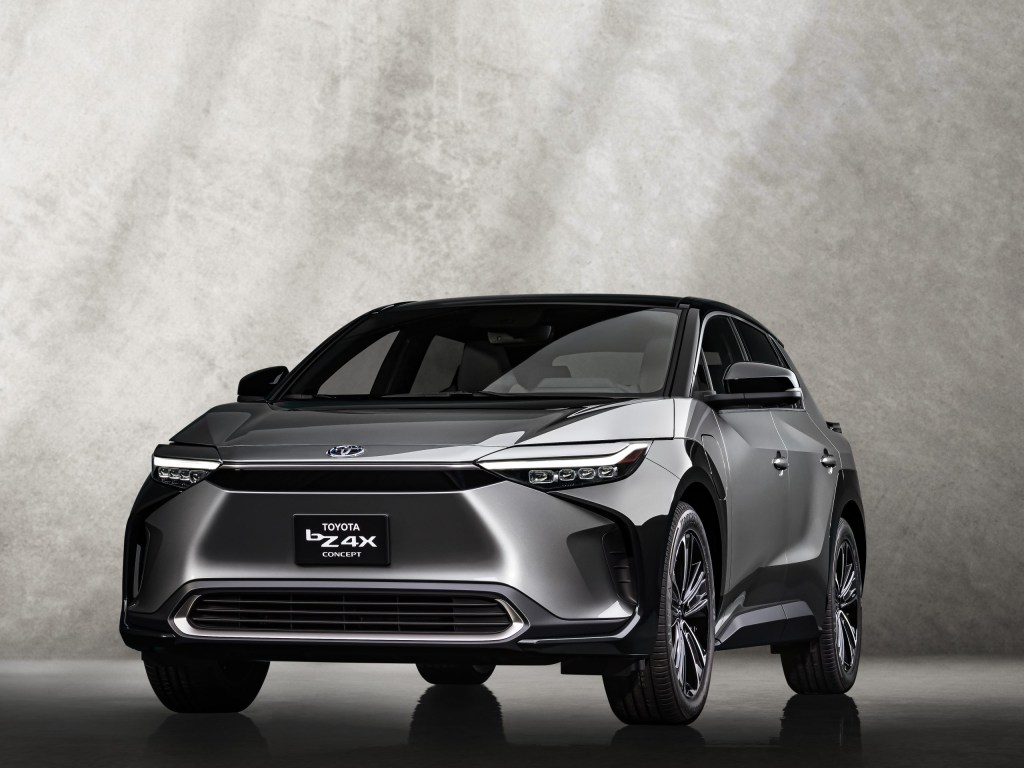
The automaker wants 80% of their lineup to have some sort of battery in it by 2030. But the subtext hints that not all of those vehicles will be fully electric. Plenty of hybrids will be thrown into the mix which, while certainly cleaner than a full gas-powered car, don’t perfectly solve the problem.
And currently, the company only has one fully electric car, the confusingly named, but impressive bZ4x electric SUV. And even that is labeled as a concept, while other companies are prepping to mass-produce their electric cars. Volkswagen just revealed the I.D. Life, and has already released the I.D. 3 onto American shores. And Ford has been pumping out Mach-E’s for quite a while.
Again, it’s no mystery that Toyota was late on this one. But Maeda wishes to have that solid-state battery available in some cars by the end of the decade. And while there are other challenges in development, it’s good to see Toyota making efforts to move toward a cleaner future.

